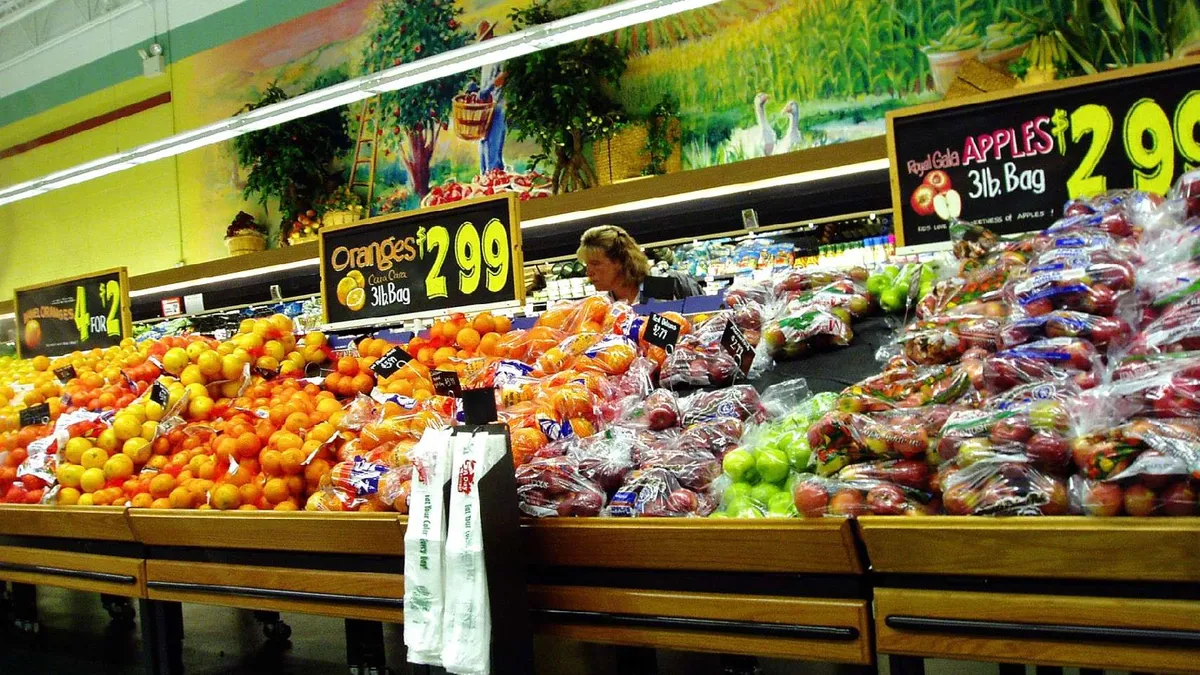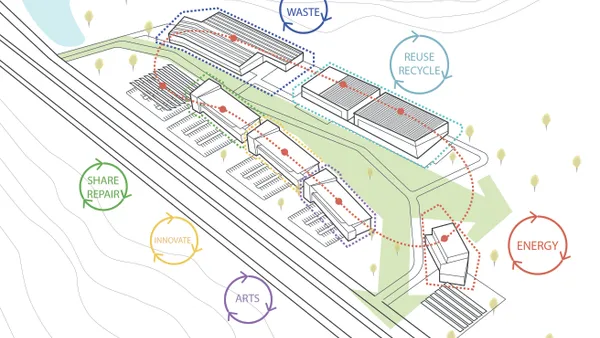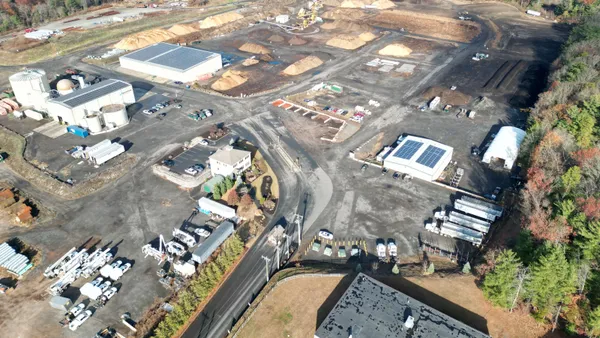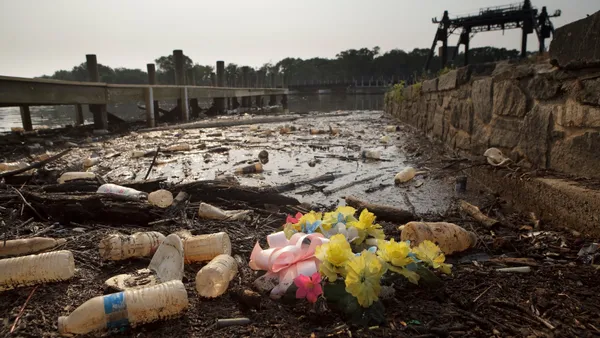Dive Brief:
- The Seattle City Council has unanimously approved a plan to ban green and brown plastic produce bags to eliminate composting confusion, according to KUOW.org.
- Seattle residents have been throwing non-biodegradable green and brown plastic bags in the compost for some time now, assuming that the colors meant the bags were biodegradable. This problem has resulted in gummed-up composting machinery, which has required expensive maintenance.
- The new ruling will limit grocery stores to offering clear plastic produce bags, or green or brown compostable bags. The plan also makes the five-cent fee for paper bags permanent.
Dive Insight:
While banning plastic retail and grocery bags has been a common initiative from California to Michigan, produce bags are a significant part of the waste stream that has not yet been tackled in many areas. In fact, the delay in addressing these plastic bags is surprising considering the push to address produce waste in grocery stores. Seattle's initiative has the potential to be emulated across the nation, which would further push regions toward reaching zero waste.
Seattle has been very active this year in addressing waste challenges and has worked to increase solid waste collection rates, improve recycling challenges for apartment buildings and also figure out the most fair and comprehensive way to address food waste disposal. It is expected that Seattle Public Utilities will continue to push the city toward more benchmarks that prove its dedication to efficient waste management.
In San Francisco, compostable plastic bags have been seen as a solution to reduce contamination when disposing of dog waste. If more cities look to the use of compostable plastic bags when disposing of organics — such as yard trimmings — it will likely have a positive consequence on the industry.














